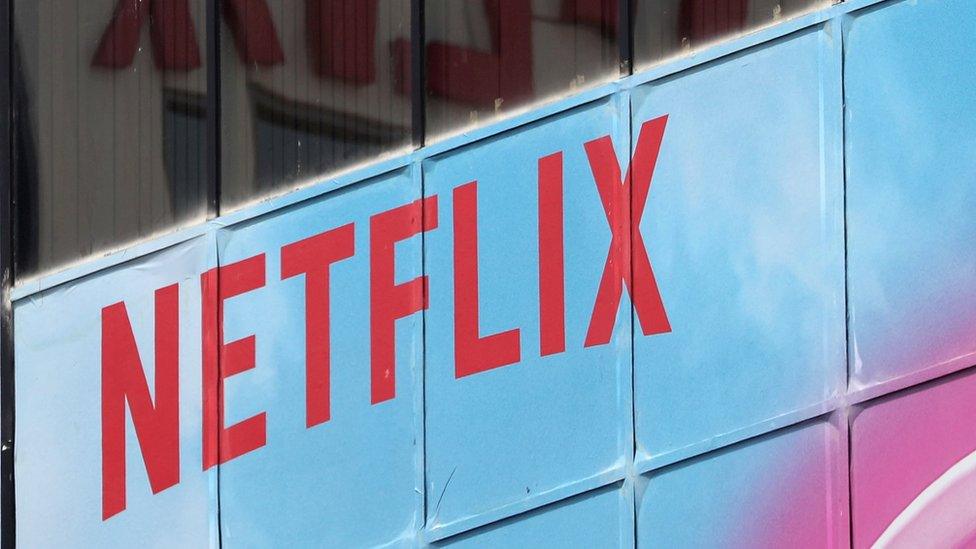Netflix to remove real disaster footage from Bird Box film
- Published

Streaming service Netflix has apologised for the incident
Streaming service Netflix has said it will remove footage of a real-life rail disaster from the film Bird Box.
The company confirmed in January that the popular thriller contained a brief clip from Canada's deadly Lac-Mûˋgantic tragedy.
The excerpt was used early in the film to depict a fictional news story about an apocalyptic scenario.
Netflix had initially said it would not substitute the footage in question.
In a brief emailed statement to the ǵüµÇ¨û§ on Thursday, the company confirmed that, along with the filmmakers of Bird Box, it has decided to replace the clip.
"We're sorry for any pain caused to the Lac-Mûˋgantic community," the statement said, without giving a reason for changing its decision.
Over 45 people were killed in 2013 when a train carrying crude oil derailed in the Quebec town of Lac-Mûˋgantic. Dozens of homes and businesses were destroyed.
The process to replace the clip worldwide with an outtake from a TV series will take several weeks, the company said.
In January, urging the company to have the clips removed.
On Twitter on Thursday she wrote that the streaming service's change of heart "demonstrates that by staying united and working together, anything is possible".
Bird Box was not the only Netflix production containing images of the deadly runaway train disaster.
Similar footage was found to have been used in the Canadian-American science-fiction drama Travelers.
In the show's third season, images of Lac-Mûˋgantic's blazing downtown core could be briefly seen illustrating fictional news coverage of a nuclear attack in London. Those clips were later removed.
At the time, the stock footage vendor that provided the production company behind the show Travelers said it deeply regretted the footage being "taken out of context and used in entertainment programming".
It said would contact customers who had purchased any related clips to make them aware "of the sensitive nature of this footage".
- Published17 January 2019
- Published14 March 2019
- Published18 January 2019